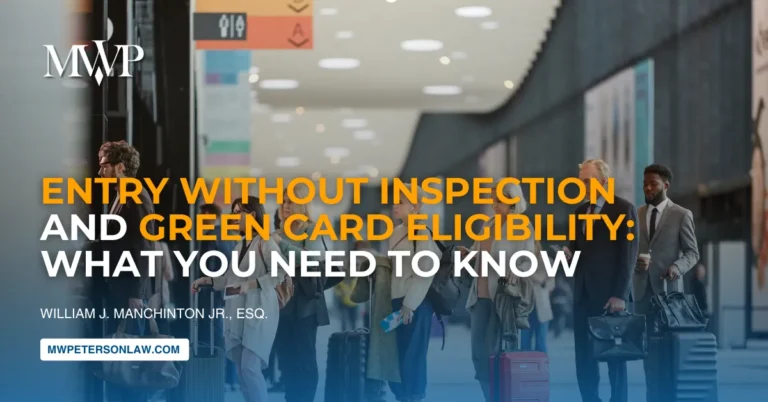Pretrial Probation in Massachusetts
Pretrial probation in Massachusetts is a way to get your pending criminal charge dismissed. This is also called a general continuance. Whether you are approved for pretrial probation depends on what the prosecutor assigned to your case decides. Pretrial probation is fairly difficult to obtain, but if you do, it is a great position to be in to try to get your current criminal charge dismissed.
How Do I Get Pretrial Probation?
In order to get pretrial probation, your attorney must help you apply for it. To apply for pretrial probation, your criminal defense attorney needs to submit a packet of information to the district attorney. This will generally include information about your background, work history, and criminal record. Your defense attorney may also attend a hearing to argue to a judge, why you should get pretrial probation.
If you are approved for pretrial probation in Massachusetts, your case will be continued (postponed) for a period of time, on certain conditions. If you abide by those conditions, your case would be dismissed, and the prosecution can never charge you with that same offense again. Getting pretrial probation not only is a great chance for you to get your charges completely dismissed, it has the potential to save you a lot of time and money. If you follow the rules set by the judge during your pretrial probation, there will be no further court proceedings for that specific charge.
What are Some Possible Conditions of Pretrial Probation?
- Staying away from an alleged victim
- Paying restitution to the alleged victim
- Community service
- Drug testing
- Attending rehabilitative court-ordered programs
How Long Does Pretrial Probation Last?
Usually, pretrial probation lasts between 3 and 24 months in Massachusetts.
Pretrial probation differs from a continuance without a finding because you do not have to admit that you’re guilty. If you violate the conditions of pretrial probation, your bail could be revoked. However, it is possible that the judge will not sentence you, and you could still contest the charges.
Whether you can get pretrial probation depends mostly on your criminal record and the nature of the current charges. The district attorney will generally not agree to pretrial probation if your charges are serious/ violent, or if you have a serious prior criminal record.
Experienced Criminal Defense Attorney in Boston Massachusetts
Pretrial probation in Massachusetts is a good way to get your criminal charges dismissed, but you need an experienced criminal defense attorney to help you make your case to the district attorney. If you think you may qualify for pretrial probation and are looking to apply in Massachusetts, call or text the Law Office of Matthew W. Peterson at (617) 295-7500. Let’s get started on your defense today!











